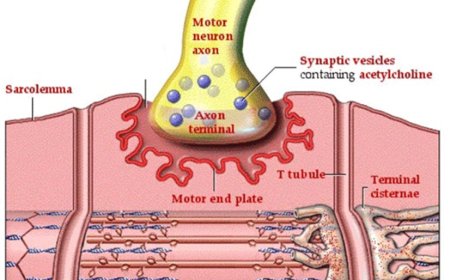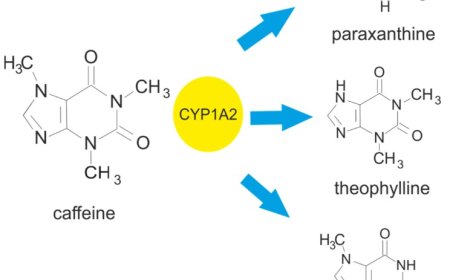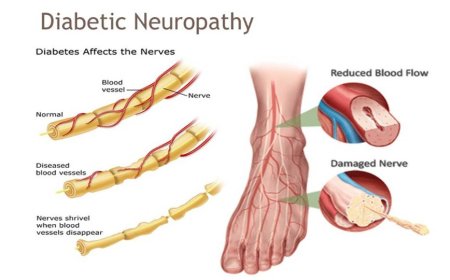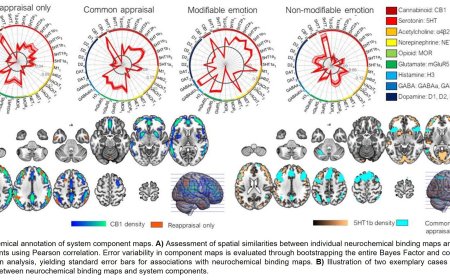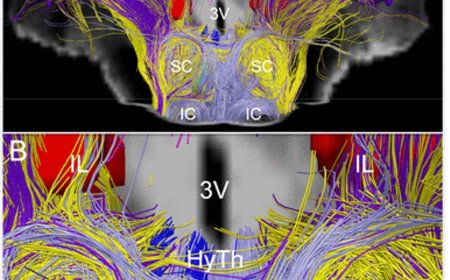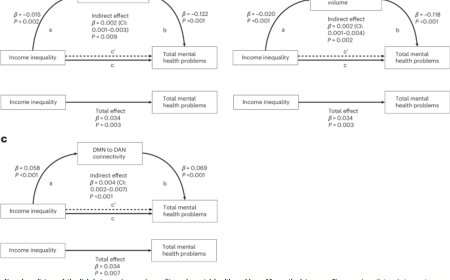Without genetic mutations tumors are formed!
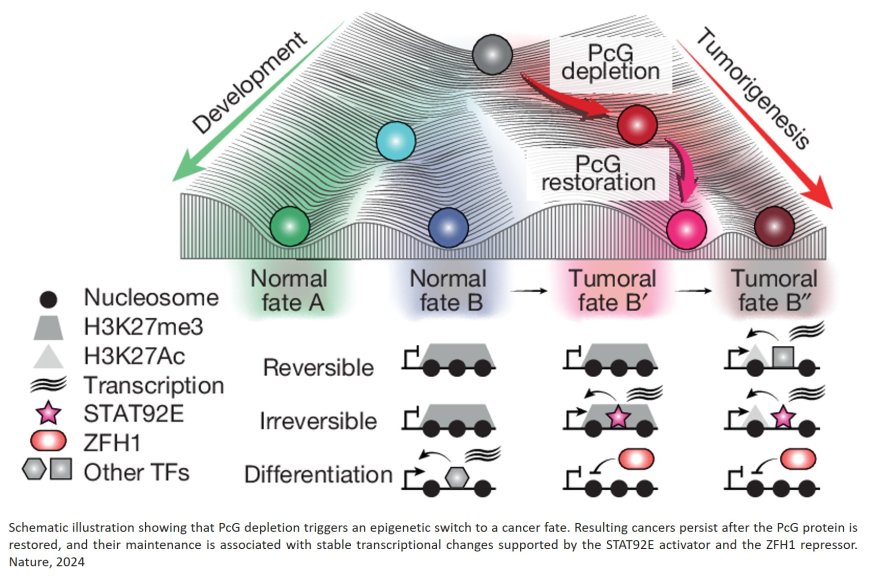
A research team has discovered that cancer, one of the leading causes of death worldwide, can be caused entirely by epigenetic changes, in other words, changes that contribute to how gene expression is regulated, and partly explain why, despite an identical genome, an individual develops very different cells (neurons, skin cells, etc.).
While studies have already described the influence of these processes in the development of cancer, this is the first time that scientists have demonstrated that genetic mutations are not essential for the onset of the disease. This discovery forces us to reconsider the theory that, for more than 30 years, has assumed that cancers are predominantly genetic diseases caused necessarily by DNA mutations that accumulate at the genome level3.
To show this, the research team focused on epigenetic factors that can alter gene activity. By causing epigenetic dysregulation4 in Drosophila, and then restoring the cells to their normal state, scientists have found that part of the genome remains dysfunctional.
The authors show that a transient perturbation of transcriptional silencing mediated by Polycomb group proteins is sufficient to induce an irreversible switch to a cancer cell fate in Drosophila. This is linked to the irreversible derepression of genes that can drive tumorigenesis, including members of the JAK–STAT signalling pathway and zfh1, the fly homologue of the ZEB1 oncogene, whose aberrant activation is required for Polycomb perturbation-induced tumorigenesis.
This phenomenon induces a tumor state that is maintained autonomously and continues to progress, keeping in memory the cancerous status of these cells even though the signal that caused it has been restored.
These conclusions, to be published in the journal Nature, open up new therapeutic avenues in oncology.
